Most VAT-registered firms can reclaim VAT paid on any goods and services for use in their business, and pharmacies are no different.
Things can, however, get a bit complicated to all except the tax experts, with the three VAT retail schemes and the rules governing what type of services a pharmacy provides.
Most pharmacists we deal with use the point-of-sale scheme, where they identify and record the VAT at the time of sale. Others prefer to use the apportionment scheme, but this can be risky if you buy standard-rated lines and sell them as zero-rated products.
All pharmacies provide essential services, such as dispensing of drugs to a customer who has a prescription from their GP or disposing of medicines. Others might provide advanced or enhanced services depending on the terms of a contract with their local Clinical Commissioning Group (CCG).
Then you have another set of VAT rules that apply to pharmacists operating in the private sector, compared to those who remain within the NHS (and that’s an argument for the politicians).
While you don’t have to register for VAT unless your taxable supplies exceed the £85,000 VAT-registration threshold, you may choose to voluntarily register to recover some input tax.
Exemptions & non-exemptions
If your pharmacy provides medical treatment which is exempt from VAT, if you charge the patient for bandages, drugs, medicines or prostheses, it will be exempt from VAT.
Any items that are separate from the treatment, such as malaria tablets which are sold over the counter for the buyer to consume, will not be exempt from VAT and are normally standard-rated.
As with most things VAT, some products are standard-rated and others are zero-rated in certain circumstances. Fortunately, we love working with pharmacists and know the quirks and foibles of VAT inside out.
Partial VAT exemptions
A VAT-registered pharmacy can be partly exempt from VAT if it makes, or intends to make, both taxable and exempt supplies and incurs tax on costs which relate to both.
It is possible for partially-exempt pharmacies to recover VAT incurred on business overheads and purchases, although this is often best left to our team to handle on your behalf.
As part of that calculation, we distinguish between supplies and purchases and work out which of your supplies are taxable and which are exempt, enabling your pharmacy business to potentially recover some VAT.
How is reclaimed VAT paid?
VAT is extremely complicated for most people and that’s where Diamond Accounts, as specialist healthcare accountants, can really help.
We can claim your refund when we submit your annual VAT return or you can do it through your VAT online account.
Most refunds are usually in your bank account within 10 days of HMRC receiving your VAT return, but it can take longer. We normally chase up HMRC if we’ve not heard anything in around 30 days.
If you need help reclaiming VAT, don’t hesitate to get in touch.

